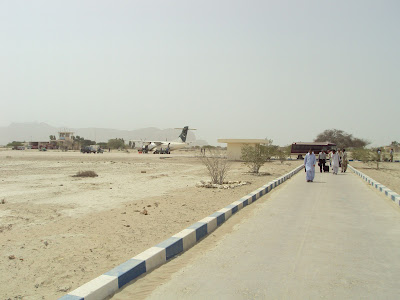One of big reasons I want to travel to Pakistan in summer is MANGOES!
I tasted the first mango in this trip and it took me back in time to my childhood. Hot summer afternoons when everyone would be sleeping and we would slip out of the bedrooms to play in the grounds with large mango trees bent with loads of ripe and unripe mangoes. Hitting the identified with rocks and long sticks and fighting for the best catch, running away from honey bees, and sitting in the shade in the end to count and evaluate our catch. The sweetest, juiciest, refreshing and best fruit I've ever had, no doubt the King of fruits and a taste of heaven.
Did you know that mangoes have been eaten since 5000 years ago. They had been a symbol of love in ancient times and not to mention that Bhudda is mentioned to sit and meditate under a mango tree. The famous paisley design that we eastern women have on every second piece of clothing we own is actually based on the shape of a mango.
I didnot miss a day of having mangoes, sometimes several times a day. Forgot to mention the smell of the mangoes. If you have a few mangoes sitting in the basket of the dinning room the whole house would be smelling. And interesting enough now mango smell is found in many sprays, candles, etc in the west as well.
The other fun thing about mango is that once the season starts, it takes away the worry of feeding picky kids. Mango is eaten fresh, raw, with bread, in milkshakes and smoothies, as toppings, sauce or chutney, in cakes and desserts, etc The creative possibilities are endless.









